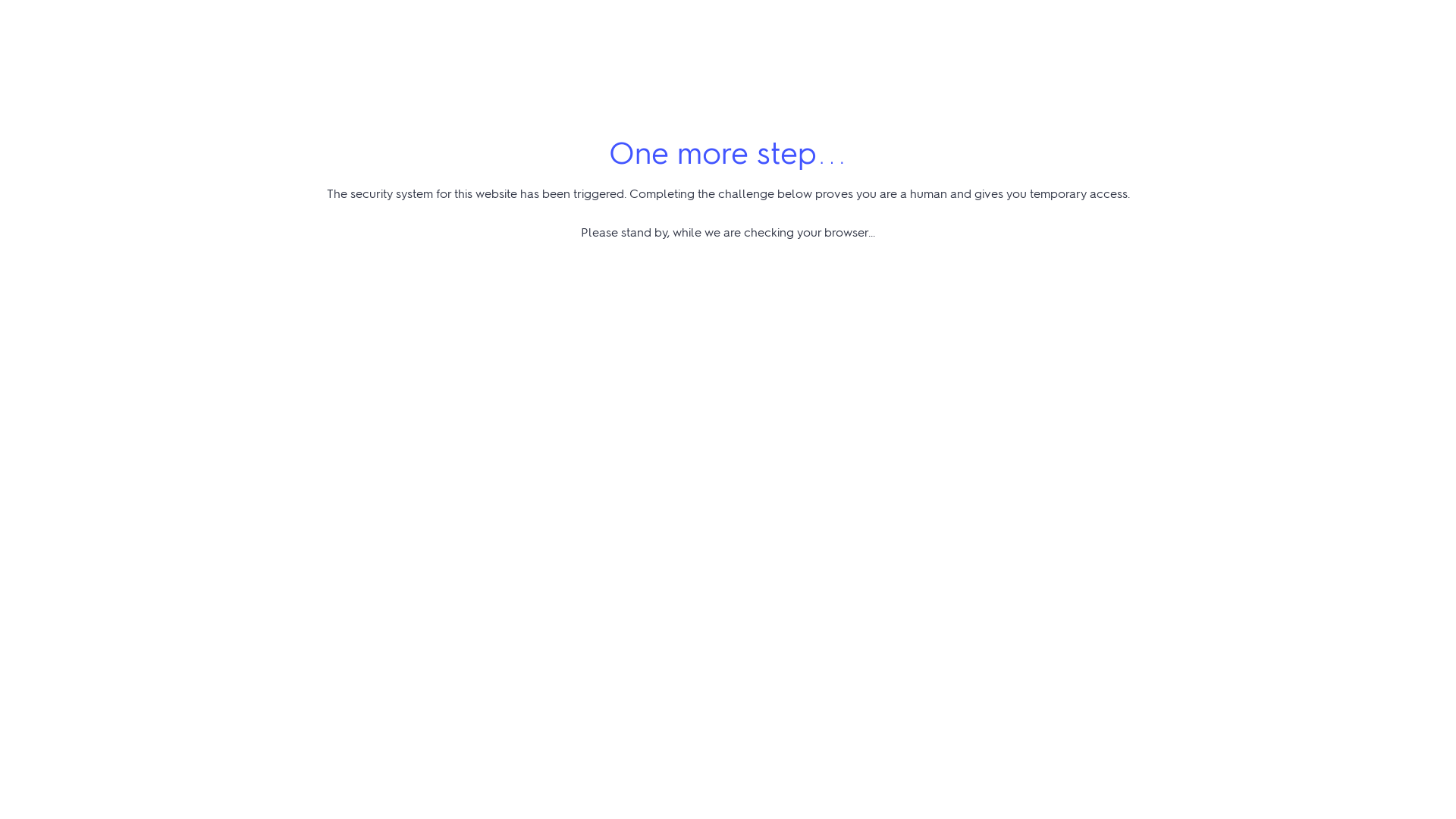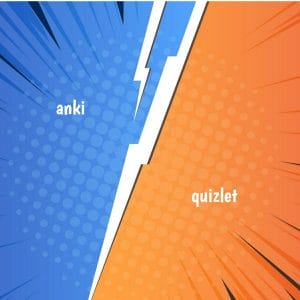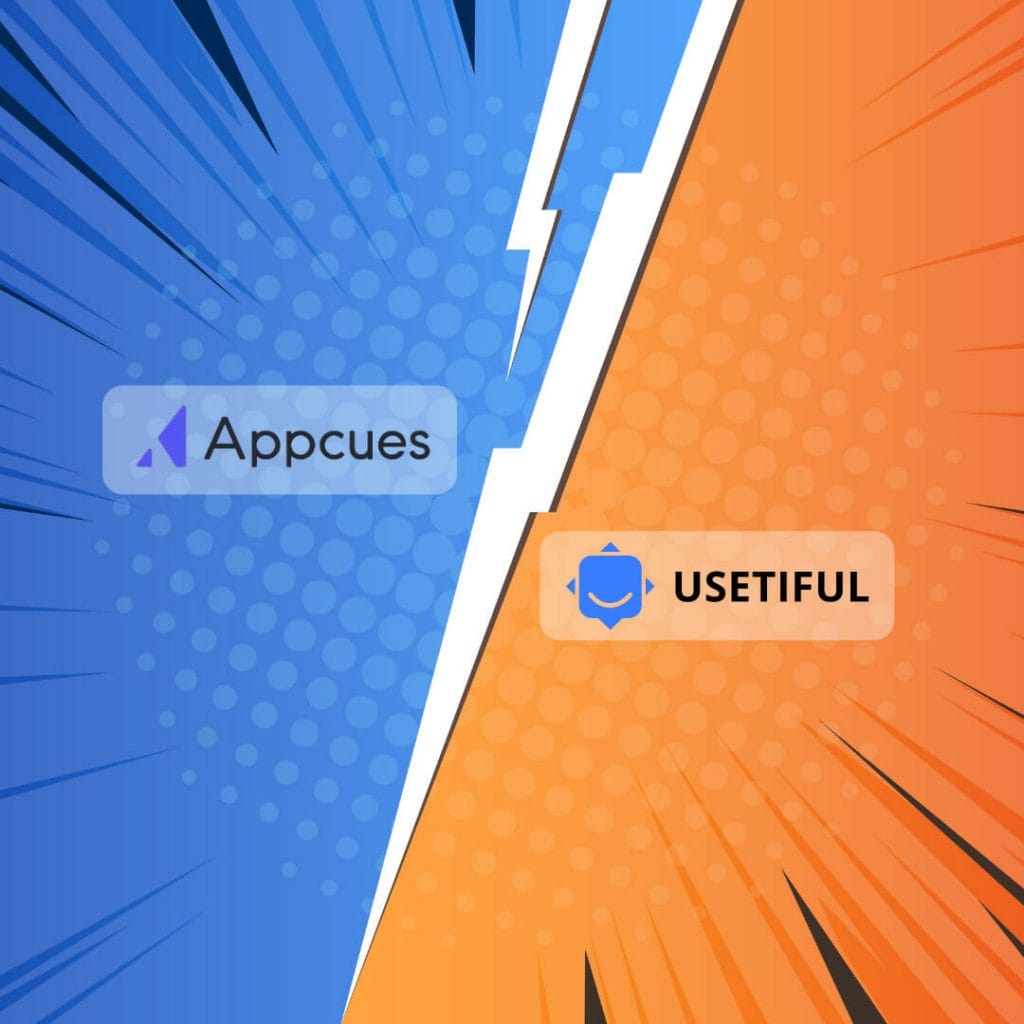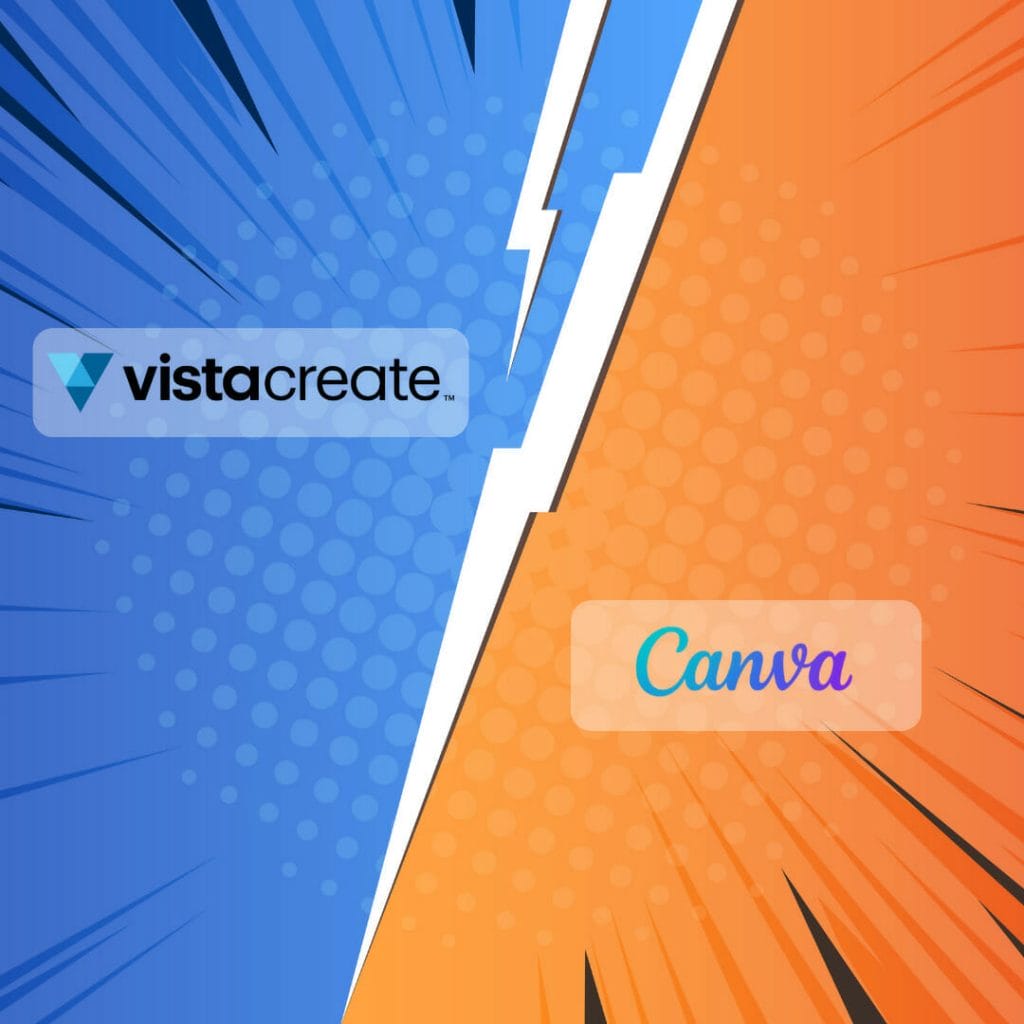In the world of digital flashcards, two popular apps stand out: Anki and Quizlet. Both platforms have gained popularity due to their effectiveness in facilitating learning and retention of information, making them valuable tools for students and professionals alike. While these two flashcard apps share some similarities, they also have distinct differences that may influence users’ preferences.
Anki and Quizlet each have their own strengths and weaknesses, with Anki being known for its powerful customization options and spaced repetition algorithm, while Quizlet is celebrated for its user-friendly interface and engaging learning modes. Users seeking a robust platform with advanced customization capabilities might prefer Anki, while those in search of an accessible and straightforward way to create and study flashcards might gravitate toward Quizlet.
In this comparison review, we will explore the specific features, pricing, and overall usability of Anki and Quizlet, to help you make an informed decision on which flashcard app best suits your needs. As you read through this article, considering your own personal preferences, learning style, and goals will be crucial to selecting the right flashcard app for you.
About Anki

Anki is a powerful and flexible flashcard platform designed to help users memorize and retain information long-term. The Anki app is available for free download on Windows, Mac, and Linux, while AnkiMobile and AnkiDroid provide compatibility with iOS and Android devices, respectively. The platform supports a wide range of study modes, content types, and customization options, making it an excellent study tool for many learners.
One significant strength of Anki is its spaced repetition algorithm, which is based on cognitive science and artificial intelligence principles. This algorithm allows users to review their flashcards at optimal intervals, ensuring that the learning process is efficient and effective. Anki also enables users to customize their study settings, add-ons, and media-rich content. This includes adding images, audio files, and even foreign characters – making it particularly popular among language students.
Additionally, Anki offers various premade decks available for download, covering a vast range of subjects from vocabulary and medical terms to problem-solving techniques. Users can also create their decks according to their preferences, personalizing their learning experience. The platform also provides flexibility in organizing flashcards, making it easy for learners to adapt the system to their unique learning styles.
While Anki is undoubtedly powerful, some users may find some aspects of the platform to be less user-friendly, particularly when it comes to card flipping, customizing decks, and finding specific content. The web version of Anki is not as extensive as its desktop counterpart, and some users may find the iOS version to be expensive compared to other flashcard applications. However, the overall experience with Anki remains effective for many learners.
The Anki community also plays an essential role in the platform’s success, with active forums such as Reddit, where users can share tips, tricks, and shared decks. These shared resources, combined with the platform’s offline use, make Anki an excellent choice for individuals looking for a robust and customizable eLearning solution.
In summary, Anki is a versatile flashcard platform that uses sophisticated algorithms to maximize users’ learning and memorization abilities. Its ability to cater to various learning styles, extensive customization options, and rich media content make it a popular choice for students from all walks of life.
About Quizlet

Quizlet is a popular and user-friendly digital learning tool designed to help language students, as well as learners of various subjects, memorize and retain information effectively. The platform focuses on a flashcard-based system to aid in vocabulary development and overall comprehension of the subject matter.
One of the distinguishing features of Quizlet is the array of study modes it offers, which include flashcards, games, quizzes, and practice tests. These various modes provide a versatile and engaging experience that caters to different learning styles. For added convenience, Quizlet also supports audio components, allowing language learners to hone their listening skills while expanding their vocabulary.
In addition to a free basic version, Quizlet offers Quizlet Go and Quizlet Plus subscription plans which unlock additional features such as personalized study paths, offline access, and ad-free experience. While the free trial is unavailable, users can determine whether they want to invest in the upgraded plans once they have an understanding of the platform’s offerings.
Quizlet has built a reputation for its gamification approach to learning, incorporating interactive and entertaining elements to make studying engaging and motivating. This active learning strategy aids in the effectiveness and efficiency of the learning process, especially for language learners who need repetition to internalize new vocabulary and concepts.
When it comes to accessing Quizlet, the platform is compatible with various devices, including smartphones, tablets, and computers. Its eLearning demand continues to grow, thanks to its learning assistant system and media-rich flashcard sets, which enhance the overall learning experience.
In summary, Quizlet is a comprehensive and widely-used flashcard app that combines an intuitive interface with various study modes, gamification features, and support resources to cater to diverse learning needs. It has become an essential tool in online education, helping students learn, memorize, and succeed in their academic pursuits.
Round 1: Best UX

When comparing Anki and Quizlet, the user experience (UX) plays a vital role in choosing the right flashcard app for your learning needs. Both applications offer unique interfaces and features catering to different users.
Anki boasts a straightforward interface with a focus on functionality. Its design allows users to customize decks extensively, tailoring them to their preferences. Anki’s customization options, such as formatting, tags, and card templates, provide flexibility for diverse learning approaches. Additionally, the Anki web version ensures seamless synchronicity across devices, making it convenient for users on the go.
On the other hand, Quizlet offers a more user-friendly and visually appealing interface, which appeals to learners who prefer a more engaging and interactive experience. The platform supports active learning through features like games, quizzes, and various study modes, enhancing its eLearning capabilities. Quizlet’s ease of use makes it accessible to a broader range of users, including beginners and younger learners.
Both applications have their advantages in terms of UX. Anki focuses on providing a customizable experience with more control over content, allowing learners to create decks that meet their specific needs. Meanwhile, Quizlet offers an interactive and user-friendly platform, promoting engagement through various study modes and enhancing the eLearning experience.
While both flashcard apps have their merits, choosing between Anki and Quizlet ultimately depends on your personal preferences and learning goals. Whether you prioritize customization and flexibility with Anki or prefer Quizlet’s engaging and user-friendly interface, both platforms have proven to be effective tools for eLearning and knowledge retention.
Round 2: Features Comparison

Anki and Quizlet are both popular flashcard tools for effective learning and memorization. They offer a wide range of features to cater to various learning styles. However, there are key differences that might make one a better choice depending on the user’s preferences.
Anki excels in customization and flexibility, allowing users to tweak the interface, settings, and even the spaced repetition algorithm to match their learning needs. The software provides the ability to create card templates with custom designs and media-rich content like images and audio. The AnkiWeb platform lets users access card decks and study materials online, sync with other devices, and even share resources with fellow learners. Anki also supports a range of add-ons, which enhances its functionality to suit an individual’s specific learning requirements. Additionally, the application is available as a standalone program for Windows, macOS, and Linux, facilitating offline use.
Quizlet, on the other hand, focuses on simplicity and user-friendliness, offering an intuitive interface with minimal learning curve. The platform provides multiple study modes, such as card flipping, matching, and test mode, to cater to various learning preferences. Quizlet Go and Quizlet Plus are premium plans that unlock additional features like ad-free experience, access to study materials offline, and advanced customization options. With its web-based design, users can easily access their flashcard decks and study materials on any device with internet connectivity.
Anki and Quizlet both employ spaced repetition algorithms to optimize the learning process, ensuring that learners review the material at optimal intervals to maximize retention. The active learning approach of both tools encourages problem-solving and critical thinking, which enhances the learning experience.
One of the key differences between Anki and Quizlet is the openness of the content. Anki allows users to freely share their decks, enabling access to a vast library of premade decks covering various subjects. In contrast, Quizlet’s library tends to have certain limitations on submitted content, as it’s governed by the platform itself.
In terms of pricing, Anki is an open-source software and available for free. However, the iOS app has a cost associated with it. Quizlet has a freemium model where users can access basic features at no cost but need to subscribe to Quizlet Go or Quizlet Plus for more advanced functionalities.
Overall, both Anki and Quizlet have their respective strengths and weaknesses. Anki provides a versatile and highly customizable experience more suitable for learners seeking an advanced and personalized approach. Quizlet, on the other hand, is ideal for those who prefer a simpler and more streamlined experience. Ultimately, it depends on the user’s needs and requirements to determine which flashcard tool will be the better choice for their learning journey.
Round 3: Price

Anki and Quizlet are both popular flashcard apps that help users study more efficiently. When it comes to pricing, there are some significant differences to consider.
Anki offers a completely free option for users on Android and PC platforms. However, for iOS users, there is a one-time fee of $25 to download the app. This may seem like a high cost, but considering it’s a lifetime license with no additional fees, it can be a worthwhile investment for dedicated Anki users. You can access all of Anki’s features with this license, and there are no ads or limitations.
Quizlet, on the other hand, offers a wider variety of pricing options. The basic version of Quizlet is free and includes a limited set of features. Users can create and study flashcards without any cost, but the free version contains ads. For a more advanced experience, Quizlet offers two paid versions: Quizlet Go and Quizlet Plus.
Quizlet Go is designed for users who want an ad-free experience but don’t require advanced features. Priced at $1.99 per month or $11.99 per year, it offers an ad-free learning environment and some minor customization options.
Quizlet Plus, at $3.99 per month or $35.99 per year, unlocks several additional features that can enhance the learning process. These features include offline access, advanced customization options, and the ability to upload images and recordings to flashcards.
It is essential to note that neither Quizlet Go nor Quizlet Plus offers a free trial. However, the basic Quizlet app allows users to explore the platform with limited features before committing to a premium version.
In summary, the pricing structure for Anki and Quizlet varies significantly. Anki offers a fully functional free version for Android and PC users and requires a one-time fee for iOS users. Quizlet has a free version with limited features, followed by two premium options designed for advanced users. When choosing an application, the user’s needs and desired features should determine which pricing option is optimal.
Battle Decision: Anki Winner

Anki and Quizlet are both popular flashcard tools for studying, but upon careful examination, Anki emerges as the winner in this battle. The following paragraphs outline the key strengths of Anki, making it the superior choice for students and learners alike.
One of the core advantages of Anki is its sophisticated spaced repetition algorithm. Unlike Quizlet, where users have to manage multiple decks or study everything in a deck all at the same time, Anki’s algorithm automates the review process, ensuring that learners only review the cards they need to. This smart system significantly improves retention rates and saves time.
Anki shines in the realm of customization as well. Users have the ability to tailor the appearance of their flashcards, adding images, audio, and even LaTeX code for mathematical expressions. This flexibility allows learners to create dynamic cards that cater to both their learning style and preferences.
In terms of pricing, Anki has a clear advantage over Quizlet. While Quizlet requires a monthly subscription to access premium features and remove ads, Anki offers a free and ad-free experience for users on Android and desktop. The only exception is the one-time $25 fee for the official iOS app, which provides a lifetime license, unlike Quizlet’s recurring subscription costs.
Another point of merit for Anki is the extensive collection of user-generated content. Sharing decks in the Anki community is considerably easier than in Quizlet, leading to a rich repository of resources to choose from. Furthermore, Anki’s offline functionality means that learners can access their content without an internet connection – a useful feature for studying on-the-go or in low-signal areas.
In conclusion, while both Anki and Quizlet have their pros and cons, Anki’s sophisticated spaced repetition algorithm, flexible customization options, lower cost, and extensive shared resources make it the prime choice for learners who desire an efficient and personalized study experience.



